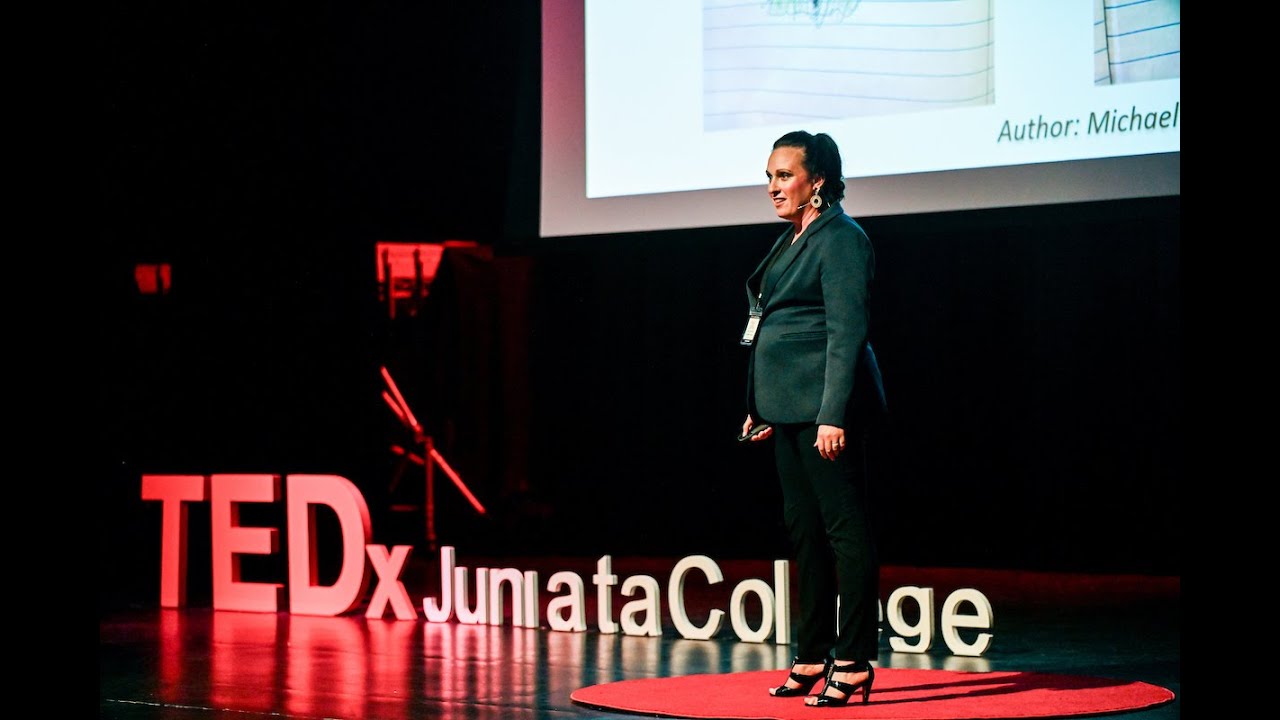- The impact of food deserts on health and nutrition.
- The relationship between food access and metabolic diseases.
- Community-driven solutions for food insecurity.
- Education and advocacy in promoting better food choices.
- The importance of food literacy and sustainable practices.
Feeding the Forgotten is a timely initiative that addresses food deserts and the subsequent health implications associated with limited access to nutritious foods. These areas, often marked by high poverty levels and low supermarket accessibility, significantly reduce the dietary options available to residents. The ramifications of food deserts extend beyond immediate hunger; they encompass chronic health issues, including obesity, diabetes, and heart disease. People living in these environments frequently have to rely on convenience stores and fast food outlets, which predominantly offer processed foods high in sugar and saturated fats. This trend has contributed to a nationwide public health crisis.
Research shows a strong correlation between limited food access and significantly increased rates of metabolic diseases. These conditions are defined by the body’s struggle to efficiently process food into energy, leading to issues like insulin resistance. Insulin resistance refers to the body’s reduced ability to respond to insulin, a powerful hormone that regulates glucose levels in the bloodstream. In areas with limited access to healthy foods, diets tend to be rich in refined carbs and sugars, which can exacerbate insulin sensitivity problems. Such dietary choices can create a vicious cycle, as people may develop diabetes or other metabolic conditions, further complicating their ability to access healthy options due to higher medical costs and reduced mobility.
Addressing food insecurity demands innovative community-driven solutions. Various grassroots organizations have sprung up to combat food deserts, focusing on providing fresh produce and whole foods to underserved populations. Initiatives like community gardens allow residents to cultivate their own fruits and vegetables, fostering not only better nutritional choices but also community bonding. Local food banks are also evolving; many now offer cooking classes and nutrition education alongside food distribution, helping to empower recipients through knowledge. These efforts underscore the need for multifaceted approaches to tackle this issue.
Education plays a pivotal role in combating food insecurity. Many individuals may lack the necessary knowledge to make informed dietary choices, leading them to opt for convenience over health. Educational initiatives that push for greater food literacy can spark behavioral changes in communities. Workshops that teach cooking skills, nutritional information, and the benefits of whole foods can fundamentally alter the way families approach their meals. Moreover, collaboration with local health care providers can ensure that people understand the long-term benefits of maintaining a balanced diet.
Food literacy is not just about knowing what is healthy; it extends to understanding food systems and sustainability. Public campaigns can educate communities on issues such as food waste, sustainable farming practices, and the environmental impact of food choices. By shifting perspectives on food production and consumption, individuals can become advocates for more significant systemic changes. When communities come together to promote better food policies and practices, they can influence local governments to improve food distribution networks, enhance community gardens, and increase access to farmers’ markets.
Throughout these efforts, the intersection of nutrition and public health becomes increasingly clear. As highlighted in Regina Lamendella’s TEDx talk, individuals in food deserts often contend with a landscape that undermines health. Fostering partnerships between governments, local organizations, and health care providers can create a comprehensive support system. Advocating for policies that enhance food access is essential; these policies should prioritize equitable distribution and support local economies.
Access to nutritious foods is a fundamental right, echoing the necessity for systemic change within communities grappling with food insecurity. Though challenges persist, innovative projects, driven by community engagement and education, show that change is possible. Fostering resilient food systems can encourage healthier dietary choices and empower communities to reclaim their food sovereignty. Efforts directed at improving food literacy serve not only immediate health concerns but also contribute to long-lasting changes that reinforce the importance of well-being.
Such a multifaceted approach is vital for addressing the complexities associated with food access and nutrition. By prioritizing collaborative efforts and educational initiatives, communities can advance toward greater food security, stronger health outcomes, and an increased awareness of sustainable practices. Addressing food deserts is imperative, as they significantly impact the health of countless individuals and families. The call to action is clear: improving food access and education can directly influence public health, combatting issues like insulin resistance and chronic disease while fostering community resilience.
Feeding the Forgotten also brings to light the often-overlooked relationship between socioeconomic status and dietary habits. Financial constraints can limit choices, forcing families to prioritize low-cost processed items over fresh produce. Research indicates that inadequate access to nutritious foods leads to poor health outcomes, which can trap families in cycles of poverty and illness. It is crucial to understand that nutritional education must be complemented by systemic improvements in food access.
Integrating schools into nutritional education is another avenue worth exploring. Teaching children about healthy eating habits early can set the groundwork for lifelong choices. School meal programs can focus on supplying locally sourced foods, thus supporting community farmers while also ensuring that children receive balanced meals. This strategy could significantly decrease the prevalence of childhood obesity and its related health issues, starting a ripple effect of healthier generations.
Feeding the Forgotten embodies the principle that transformative change begins at the community level. By investing in local solutions, communities can develop sustainable models that address both immediate hunger and long-term health. Encouraging local governance to prioritize food systems that value accessibility and equity is paramount. This shift will not only improve individual health but will also enhance the collective well-being of communities.
The landscape of nutrition and health is intertwined with broader societal factors. Addressing food deserts is an essential piece of a larger puzzle, one that encompasses education, economic development, and community engagement. Collaborative efforts toward improving food access should consistently evolve with the changing needs of populations.
By fostering open dialogues around these issues, societies can inspire actionable solutions and forge partnerships that promote healthier choices. The insights gathered from Feeding the Forgotten serve as a reminder that food access is a critical issue that affects everyone. Educational initiatives, community gardens, and local advocacy can create the change needed to build healthier communities over time.
Such efforts must be sustained. Ensuring that these initiatives are not one-time programs but rather ongoing commitments to community health will be crucial for their success. Health is fundamentally linked to diet and nutrition; promoting food literacy and access is a pathway to achieving improved health outcomes for everyone. In focusing on education, advocacy, and sustainable practices, communities can pave the way toward a healthier future.
This holistic approach highlights the importance of tackling food deserts directly, while also connecting individual health to broader social challenges. By nurturing a culture of food awareness and sustainability, communities can transform their food systems into sources of nourishment rather than contributors to health crises. Such transformations not only enhance individual health but also contribute positively to societal well-being.
*****
Source Description
This talk reveals how ancient, fiber rich diets can restore the “forgotten” microbes that support both gut and brain health. Using cutting edge microbiome sequencing and personal data tracking, it shows how small dietary changes can shift the gut ecosystem in powerful ways. Audiences will learn how feeding their microbes can transform their overall well being from the inside out. Dr. Regina Lamendella is a Professor of Biology at Juniata College and an expert in molecular microbial ecology and bioinformatics. Her research focuses on how microbial communities impact human and environmental health, spanning topics from the gut microbiome to bioremediation. She leads Juniata’s Master’s Program in Bioinformatics and has received NIH and NSF funding. A dedicated mentor, she has guided over 150 undergraduate researchers, with 70+ co-authoring peer-reviewed publications. In 2022, she received the CUR Excellence in Mentoring Award. Her lab uses next-generation sequencing, metagenomics, and machine learning to identify microbial biomarkers and develop microbiome-based strategies for disease diagnostics and prevention. This talk was given at a TEDx event using the TED conference format but independently organized by a local community. Learn more at https://www.ted.com/tedx

